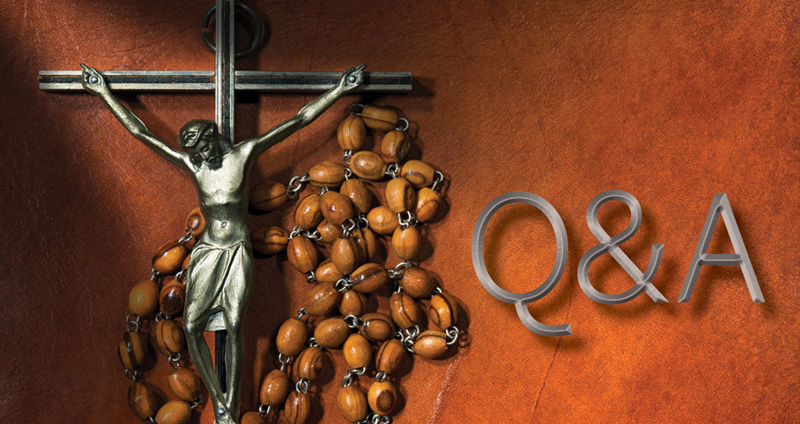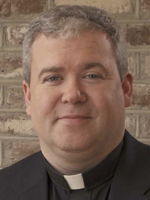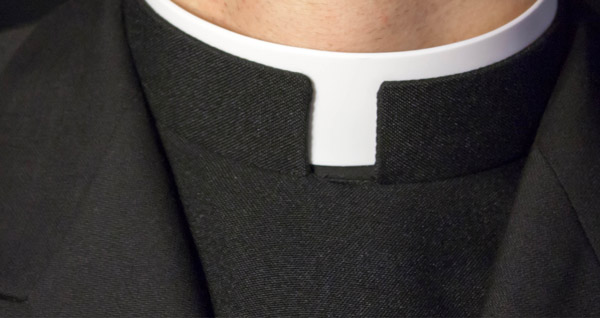
Q: In a previous column, you wrote that homosexuality is “an act of rebellion against nature and its Creator”, one of only a few sins that “cries to heaven for vengeance.” Then how great a vengeance it must be for priest pedophiles or the bishops and cardinals who facilitate, excuse, or conceal this abuse. (Abbeville, SC)
A: Thank you for this follow-up question on pedophilia and the negligence of pastoral duty. I’d like to indicate that one of the other four sins “that cry to heaven for vengeance” is the abuse of widows and orphans, which is a biblical designation for vulnerable and defenseless people. I would certainly argue that pedophilia and its cooperation in any form are included in this scriptural condemnation.
Q: It seems that there are two versions of the prayer “Glory be …” and “Glory to …”. Could you explain why there are two versions and what’s the meaning of each one? (Columbia, SC)
A: Yes, these are two different prayers that greatly resemble one another. The “Glory be” is popular with the rosary and other chaplets, while the “Glory to” is the normative prayer for the Liturgy of the Hours, which is the cycle of the Church’s prayer seven times a day. This is prayed by priests, religious, and deacons, as well as many married people and lay members of the Church.
Both prayers are minor doxologies, which means they are prayers of praise to the Holy Trinity. Rather than directed to God the Father or Jesus Christ, a doxology is addressed to the Three Persons of the Godhead. In addition, these particular doxologies glorify God in his eternal nature. The prayers place such praise within the context of time: before, now, and into the future forever.
These prayers, and many other doxologies, are beautiful opportunities for us to worship and adore the Triune God who dwells forever and calls each of us everyday into his tender fellowship.
Q: Is it OK to do yoga stretching, relaxation, and self-reflection as a Catholic? I have seen answers ranging from “absolutely not” to “you can if …”. I would appreciate a straight answer. (Murrells Inlet, SC)
A: Whenever we speak of yoga, it’s like addressing meditation. The term is an umbrella that covers many different things. Yoga as a religious observance and as a form of self-meditation should not be practiced by a Christian believer. These practices are designed within Eastern traditions and are considered worship. For a Christian, this prohibition should not be taken lightly since it would be a grave violation of the commandment to worship the Lord God alone, namely, God as he has unveiled himself through Judeo- Christian revelation.
For any Christian who wishes to grow in meditation or chanting practices, there are extensive opportunities and customs within the Christian tradition. There are whole book collections and group associations within the Church that have been compiled or created to help the Christian grow in his or her spiritual life. Any local priest or deacon can assist a person in finding these resources.
Yoga as a series of stretching exercises, however, is acceptable for anyone. Just to be clear, I mean the sole use of the exercises alone, without any spiritual expression. As mere exercises, yoga can assist people with back or other bodily problems. These exercises were developed with a keen sense of the body, its muscles and movements, and as such can provide help to those who are suffering or who wish to develop greater physical flexibility.
And so, seeing that yoga covers many different aspects, I hope the above distinctions provide some clarification.



